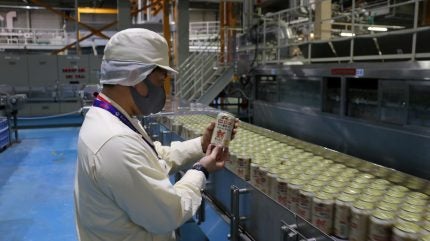
Artificial intelligence continues to be used in the beer industry, with brewers large and small looking to adopt the technology across their operations.
Quality control and product and recipe development have been some key areas where AI has been used so far.

Artificial intelligence continues to be used in the beer industry, with brewers large and small looking to adopt the technology across their operations.